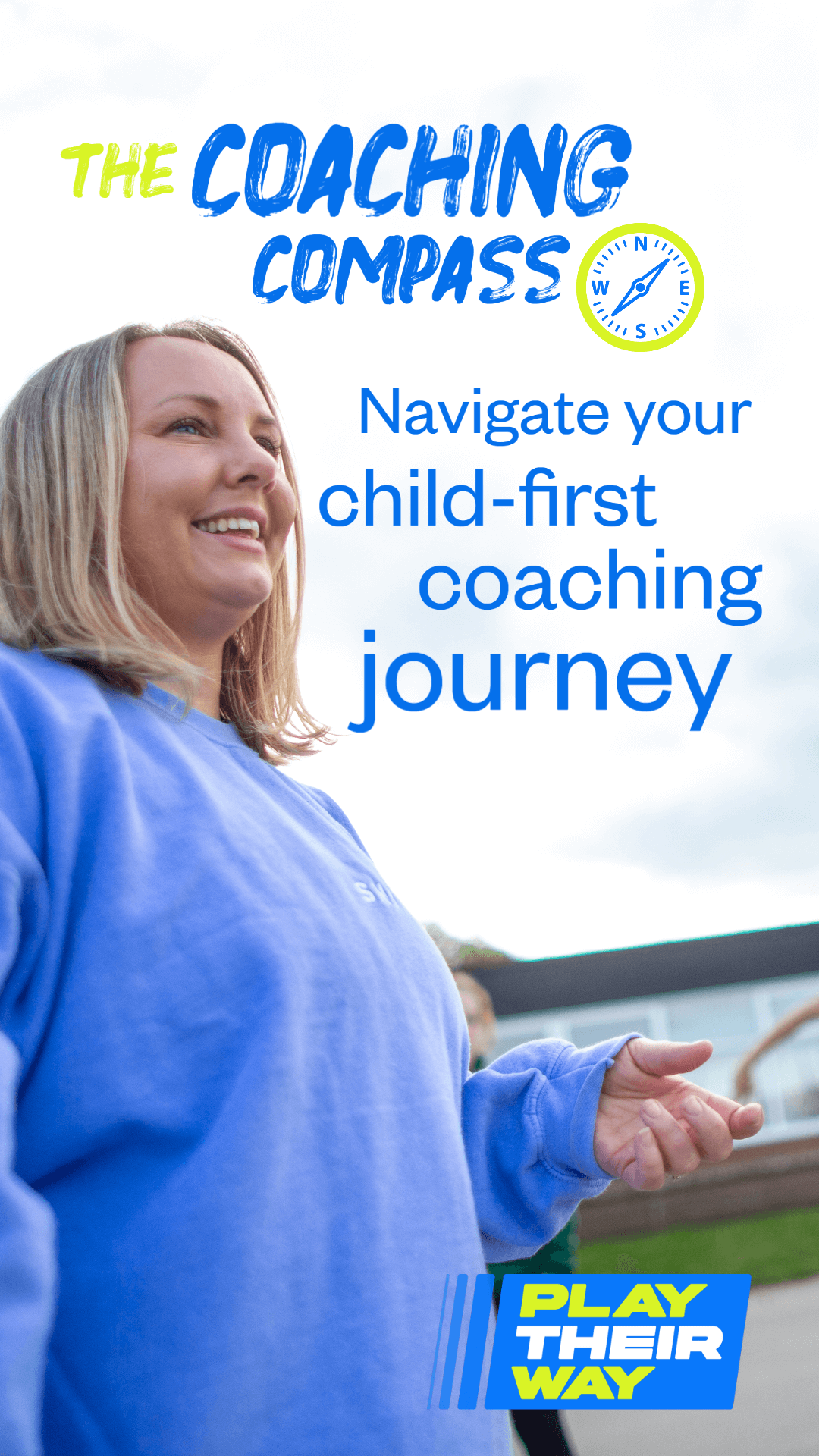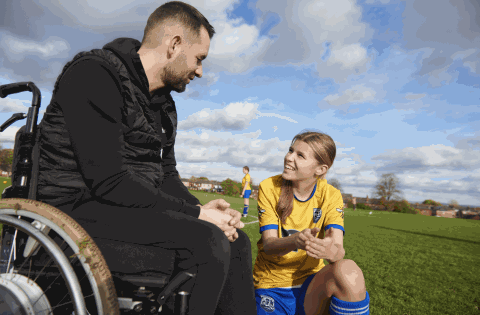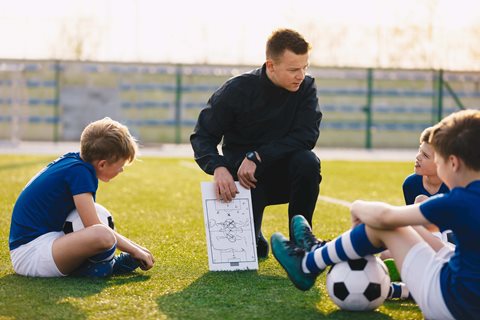Our cookies
We use essential cookies to make our website work smoothly for you. To make sure we're always improving, we'd like to use analytics to track how people use the site. We won't set non-essential cookies unless you give us permission. You can find more information about all the cookies we use in our Privacy and Cookie Policy.
Some cookies are a must for our website to function properly. If you turn off essential cookies, it may affect how you experience our site.
The non-essential cookies we use help us understand how you use our website and make improvements to enhance your experience.
Sports Coaches: Essential Skills for Success
Stuart Armstrong, Head of Coaching and Professional Workforce at Sport England and Paul Thompson, National Education Manager at Coach Core talk about the qualities they think a good sports coach should have.
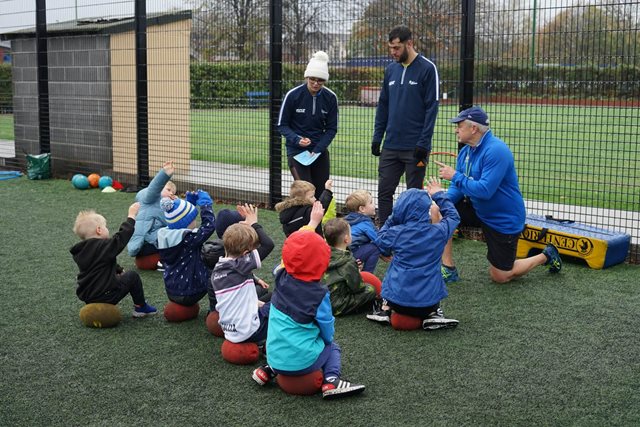
Included in this article:
by Richard Smyth
In a positive, child-first coaching culture, it might not be obvious what the qualities of a good sports coach are. The stereotype of the barking disciplinarian with a tracksuit and a whistle is long gone, and a good thing too – but what has taken its place?
Child-first coaching has its own criteria for how to be a good coach in sports. Many of these are what we might call personal or human qualities, rather than specific sports knowhow.
What are the qualities of a great sports coach?
"First and foremost, I think the ability to communicate well," says Stuart Armstrong, strategic lead in workforce transformations at Sport England. "Also the ability to be empathetic, and to be a good listener."
We use this term attunement, which is about sort of sensing. It’s more than just hearing – it’s also having enough connection that you can perceive what’s going on with an individual or a group. And sometimes that’s intuitive; it’s not always what you necessarily see or hear or feel, it’s something else.”
Stuart Armstrong Sport England Head of Coaching & Professional Workforce
Child-First Sports Coaches - 5 Skills for Success
Don't drop the ball! Download our free tools, tips and games and grow your coaching practice – like these 5 skills for success tips which support coaches enhance their child-first coaching skills.
FREE TIPS
Paul Thompson, National Education Manager at the Coach Core Foundation, also emphasises the need for rapport between the coach and their learners.
"Being able to build rapport and develop relationships is key to the delivery of positive change," he says, "and I believe also sits at the heart of child-first coaching. These relationships must be built on honesty, openness, mutual trust and respect – which is why the qualities of honesty & humility are so important."
Communication skills
Knowhow can count for a lot, but leadership skills in sports coaching aren’t just a matter of laying out your facts and figures and waiting for everyone to fall in line.
"There’s this notion of wearing your expertise lightly," Stuart explains, "of not necessarily always wanting to step in with knowledge, but instead creating the space for learning or self-organisation to take place."
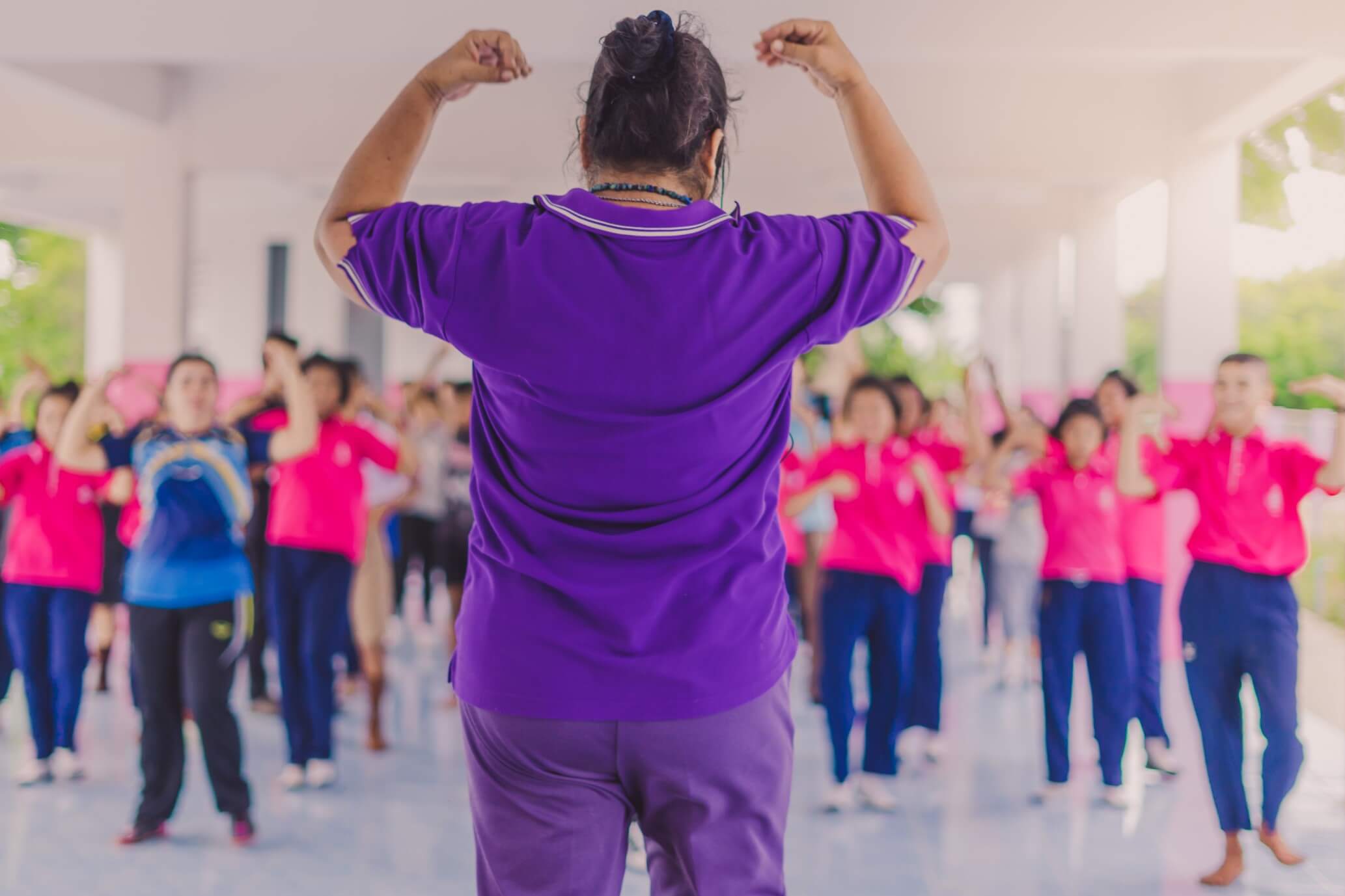
Nobody cares what you know until they know that you care.”
Paul Thompson Coach Core National Education Manager
Stuart adds keen curiosity and a sincere interest in the development and experiences of other people to his list of qualities of a good coach in sports. But of course these kinds of qualities can take many forms, and can be expressed and implemented in a host of different ways. What makes a good sports coach? There’s really no one right answer. Coaching styles in sport can vary widely.
"We’re all made differently," says Stuart. "We’re all different people, from all walks of life. There are some people who gravitate towards others, and they like to make connections with other people. Other people are more reserved. And that’s not to say they couldn’t be a coach, it’s just that they would do it in a different way."
The question of how to be a good coach in sports is especially interesting in a child-first coaching culture. How are things like leadership skills in sports coaching and problem-solving skills in sports coaching seen from a child-first perspective?
Sport England officially endorsed child-first coaching two years ago, though Stuart is quick to point out that child-first values have always been implicit in the organisation’s approach.
"In my view, if you’re working with children and you’re not child first, you’re not really coaching," says Stuart bluntly.
The notion of child-first coaching is that we are placing the wants and the needs of children front and centre – in fact we’re going even going further than that, and actually placing their rights at the centre.”
Stuart Armstrong Sport England Head of Coaching & Professional Workforce
"So we’re taking a rights-first approach, as enshrined in the UN convention on the rights of the child. So for example, one of the rights is the right to an appropriate education. So we call that the right to develop. And if there is a right to develop, well, what is it that we need to do in order to be able to make that play, make that front and centre?
"One of the other rights that we’ve adopted is the right to play. That happens regardless of context. So a coach comes along and says, 'Oh yeah, I do equal game time for everybody – but when it’s a league game, sometimes we’ve got to take it more seriously...' No. That doesn’t apply. A right is a right, regardless of context. And I really like that."
Leadership skills
The qualities of a good sports coach – empathy, communication, intuition – can often seem like the kinds of things that are fundamental to a person’s personality. Are some people just ‘born to coach’?
Or are leadership skills in sports coaching things that can be taught?
"I’m not somebody who believes that an individual is a fixed entity," Stuart says. "It’s always a work in progress."
A good sports coach, he suggests, can never get too comfortable: "The minute you think you’ve got it cracked, you realize quite quickly – usually with some kind of thump – that you haven’t quite cracked it."
So how can a person develop the qualities of a good sports coach?
"I think one of the best ways is sort of like learning a language: immersion. So you can learn the grammar and you can learn the vocabulary, and you will then functionally be able to 'speak' a language, but you won’t necessarily pick up on the nuance. I think a lot of these qualities are learned through experiences."
Paul Thompson agrees.
We place a big emphasis on developing your coaching by doing. Whether you’ve been reading an article in a coaching magazine, listening to a podcast or attending a workshop, the question is, how can you independently take what you’ve have learned and try it out in your own real situations? This is what we encourage all of our apprentices to do: try new things and learn from either their successes or what didn’t work.”
Paul Thompson Coach Core National Education Manager
"If you truly want to ensure you are delivering child-centred coaching," he adds, "then ask the young people you coach for feedback on what you’ve tried, how did it work for them? What did they like? What could have been better? What would they like to keep next time? What would they change?"
This kind of hands-on learning process can be even more effective once you realise you don’t have to do it alone. Whether it’s problem-solving skills in sports coaching, leadership skills in sports coaching, or some other aspect of how to be a good coach in sports, working with peers or mentors can hugely enhance your experience.
"It’s usually really, really helpful to have another individual to support your journey, either a peer or another knowledgeable individual. We call them mentors or coach developers. It’s really powerful, because you can get a real sense of exactly what’s taking place. Sometimes you’re not always able to spot things, so somebody else can pick it up for you and pick it up in a slightly different way. It’s a little bit like going to an interpreter: What did they just say? That can really turbocharge and be powerful for learning."
The difference between learning formally and learning functionally is an important one; Stuart contrasts knowledge about the environment with knowledge in the environment.
Be inspiring!
I ask Stuart which coaches he thinks best exemplify the qualities of a good sports coach – who we should be watching, and learning from, if we want to know how to be a good coach in sports.
His first answers come straight away: Gareth Southgate, head coach of the England men’s football team; Sarina Wiegman, manager of the England women’s national team, and Steve Kerr, head coach of the Golden State Warriors NBA team.
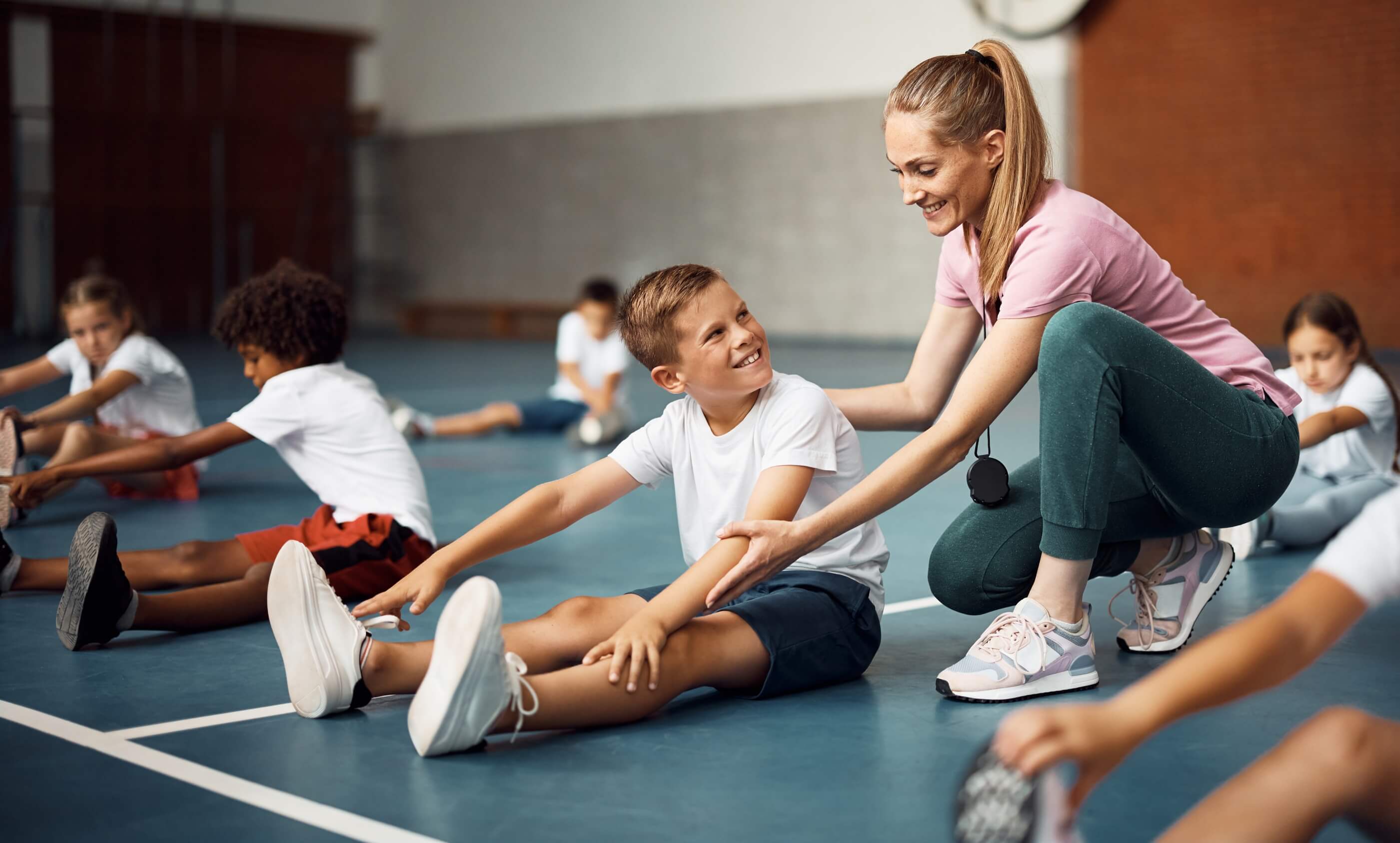
These people are top achievers. Kerr is a four-time NBA champion; Wiegman led the Netherlands to a World Cup final and won the Women's Euros with both the Netherlands and England; Southgate took England to a Euros final, and twice won the BBC Sports Personality of the Year Coach Award.
"I don’t think it’s any coincidence, them having these kinds of qualities and them seeing success in the teams that they’re coaching," Stuart says.
6 Key Responsibilities of a Child-First Coach
How can you bring your best self to each coaching session? Thinking about how you can fulfil these 6 responsibilities every time is a great place to start.
FREE DOWNLOAD
Knowledge of the sport vs transferable skills
It’s interesting to see how the same principles, the same ways of thinking about the role and responsibilities of a sports coach, can be applied whether you’re working in the upper echelons of your sport or coaching under-10s on a Saturday morning. And they’re transferable across sports, too. Stuart also lists swimming coach Mel Marshall and canoeing coach Craig Morris among his coaching role models – Stuart himself has coaching qualifications in hockey, cricket, golf and rugby.
Paul Thompson tells me about a Coach Core apprentice who started out working for Leicestershire County Cricket Club despite knowing nothing about cricket; she later moved on to work for Leicester City Football Club without having any experience of playing that sport, either.
"But what she does have," Paul explains, "is loads of transferable skills: problem solving, communication, self-management, self-belief, teamwork. She then uses these to plan and deliver positive experiences to children and young people."
So a coach’s playing background isn’t always important in coaching. It’s not just about how skills or tactics are executed; there are always more fundamental questions in play.
Having been coached, however, can make a huge difference to how someone develops their own coaching style.
"When I go out and speak to groups of coaches, I ask them, why do you coach the way you coach?" Stuart says. "And more often than not, they either say 'I was coached like this and I don’t want anyone to experience that,' or they say, 'I was coached like this and it was great, and I want to impart some of that to others."
"I say that with a caveat, though," Stuart adds, "because sometimes what you’re getting is the coaching behaviours handed down. Now they might be good, but they also might not be. In which case we might want to be able to temper that with other information, particularly as society changes and the needs of individuals change."
Once again, we see that there’s huge scope for adaptability, responsiveness and ongoing learning in developing the qualities of a good sports coach. From a child-centred perspective, there’s no fixed rulebook, no one right way to coach well.
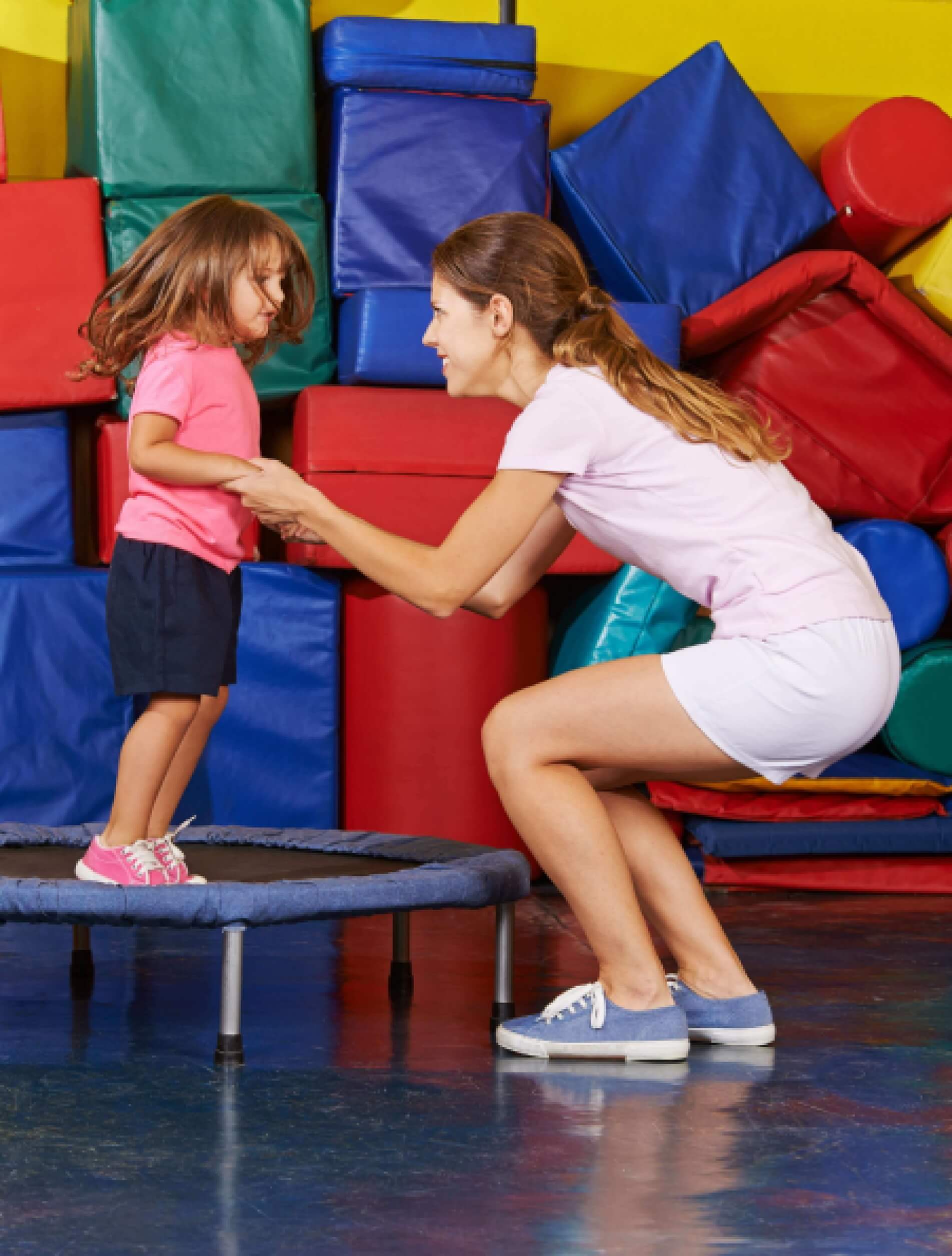
Everything begins with the needs and rights of the children – when those are at the heart of coaching practice, the possibilities are endless.
Other resources you may like...
About the contributors
Stuart Armstrong is a Sports Science Graduate from University of Wales who has worked in sports development, talent and performance sport for over 20 years. He is currently the Head of Coaching and Professional Workforce at Sport England.
Paul Thompson is a National Education Manager for Coach Core Foundation, Foundation Phase Coach at SAFC Academy, Volunteer/Grassroots Coach for Birtley Town Juniors FC (U10 girls team) and Coach Educator.
SHARE THE MOVEMENT
Help spread the word by sharing this website with fellow coaches!

